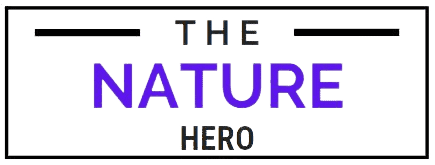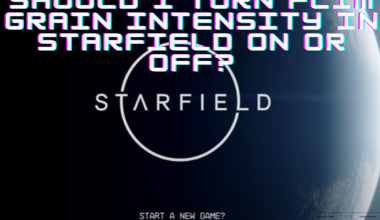A physically based rendering approach called path tracing replicates the movement of light through a scene.
In contrast, to increase performance, Ray Tracing, a more comprehensive rendering approach, approximates the path of light.
This article examines the path tracing and ray tracing in Cyberpunk, including their comparison.
Table of Contents Show
Introduction To Path Tracing And Ray Tracing
Cyberpunk 2077 uses a hybrid rendering algorithm combining path and ray tracing.
This enables the game to acquire a decent balance between realism and performance.
Ray Tracing
Ray tracing is a technique that tracks light rays as they go from the camera (or eye) to the scene.
Then, it calculates each pixel’s color and brightness depending on the rays that strike it.
Ray tracing creates realistic shadows, reflections, refractions, and ambient occlusion.
However, it is computationally costly and necessitates many rays to minimize noise and artifacts.
Ray tracing mode uses ray tracing to enhance the game’s lighting effects.
Path Tracing
Path tracing is a technique that follows light rays from light sources (like the sun) to the scene.
They are reflected off various objects until they reach the camera (or eye).
It can provide realistic global illumination, indirect lighting, soft shadows, caustics, and color bleeding.
However, it is also significantly more computationally costly and needs more rays to prevent noise and artifacts.
Similarly, Path tracing mode uses path tracing to create a more realistic and immersive lighting experience.
Path Tracing Vs Ray Tracing In Cyberpunk
Path tracing and Ray tracing approaches are used to improve and balance the graphics of Cyberpunk.
However, there are some differences in how they provide game effects.
The primary distinction between the two methods is how they intersect rays.
Path tracing extends the ray intersection over numerous bounces.

However, ray tracing only involves a single hit or intersection.

Each point light source creates its own shadow when the number of light sources rises noticeably.
Even bright things that reflect light can function as their light source.
Path tracing mode is also known as Overdrive mode or Phantom Liberty mode in Cyberpunk 2077.
Path tracing often increases illumination since more ray bounces allow the light to penetrate the inside of the building better.
Moreover, Path tracing enhances the scene’s natural and realistic appearance by adding additional shadows, ambient occlusion, and color bleeding.
Additionally, Path tracing impacts the outdoors since the sun’s rays better brighten the area and give the concrete buildings a faint orange tinge.
Therefore, the path tracing method, enabled with the RT method, is better than the Ray one.
Also, the path-tracing method far exceeds the Ray tracing method regarding global illumination, visual quality, and performance.
How To Enable Route Tracing In Cyberpunk?
You need a suitable graphics card that supports hardware-accelerated ray tracing to activate route tracing in Cyberpunk 2077.
The graphics card may be from NVIDIA’s RTX series or AMD’s RX 6000 series.
Moreover, you’ll need to install your system’s most recent fixes and drivers.
You can turn on path tracing by navigating the game’s options and choosing Ray Tracing Overdrive under Graphics Quality.
The Bottom Line
Ultimately, choosing path tracing vs ray tracing in Cyberpunk depends on your preference and the graphics card.
Therefore, you can opt for path tracing if you have the hardware to support it.
It will produce the most realistic and immersive lighting and reflections.
However, you can use ray tracing if you don’t have the hardware to support path tracing and need better performance.


